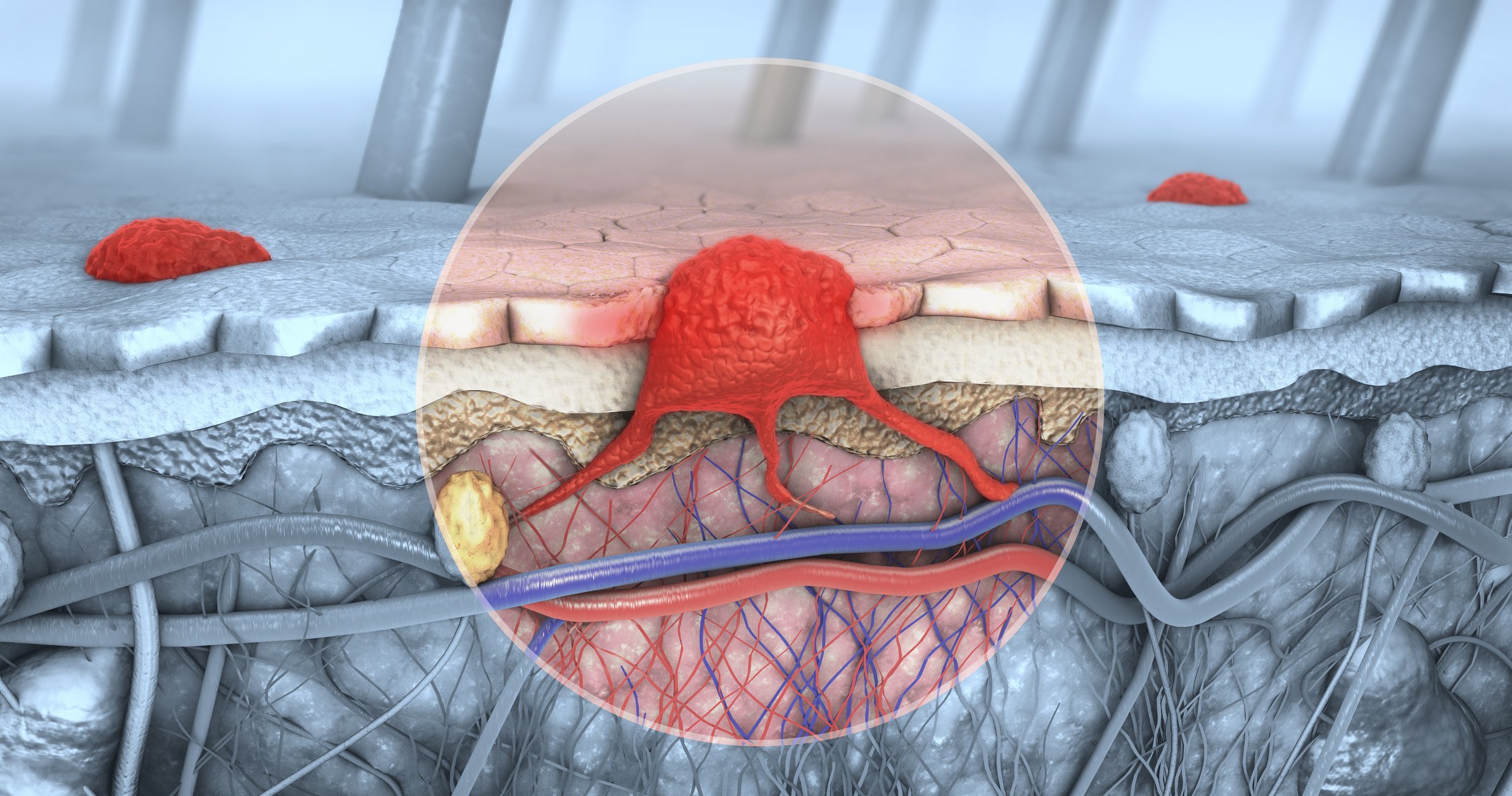In the context of demographic change and an increase in chronically ill and multimorbid patients, coordinated, networked healthcare is becoming increasingly important. An even greater shift from inpatient care to outpatient, integrated, and resident-centered care models will likely be necessary to treat patients according to their needs. The “Réseau de l’Arc” is an example of an integrated care model for the Jura Arc region.
When a growing number of people with chronic conditions and diverse needs are faced with limited resources of health professionals, new approaches are needed. A 2019 report by the Swiss Conference of Cantonal Directors of Public Health (GDK) points out that a key response to these developments is better networking and coordination in healthcare [1]. This is summarized under the term “integrated care” and is still a current and much discussed topic. One example of new impetus in the healthcare system moving in this direction is the “Réseau de l’Arc” project – an alternative basic insurance product based on flat-rate payment per member is to be launched as early as 2024 [2]. The introduction of the alternative KVG-compliant basic insurance product “Réseau de l’Arc” is planned for the 2024 insurance year, according to a media release from the canton of Bern [2]. He said it is an important initiative to ensure primary health care even in peripheral regions.
Patient-oriented and efficient healthcare as a goal
The prevalence of chronic diseases such as diabetes, COPD, asthma or depression is increasing and medical options have expanded. On the other hand, the treatment and care of patients has become highly specialized and fragmented in recent decades, which poses a risk that there will be information gaps or that important information will be lost [1]. This results in a need to better coordinate the individual treatment steps. The potential of integrated care to improve efficiency, patient safety and quality of outcomes is currently only being exploited to a small extent. Initiatives are therefore needed that specifically promote networking and coordination in the sense of integrated care.
All services integrated in one organization
The Swiss Medical Network, Visana and the Canton of Bern would like to jointly launch a fully integrated healthcare system that, with the two hospital sites in Moutier and Saint-Imier, the various Medicentres and the Pôle Santé Mentale, can offer residents in the Jura Arc all medical services (prevention, primary care, hospital services and geriatric care) from a single source with a corresponding health insurance product for the first time in Switzerland [2]. The “Réseau de l’Arc” will gradually complement its healthcare offering by integrating other healthcare providers, for example in ambulatory care, and through targeted partnerships tailored to the needs of individual members.
Insurance model approved by the FOPH – Kaiser Permanente as a model
The Swiss Medical Network is a group of clinics, hospitals and medical centers represented in all language regions of Switzerland. According to a media release, Swiss Medical Network and Bern-based insurance group Visana have expanded their partnership in integrated care and their insurance model was approved by the Federal Office of Public Health (FOPH) on September 18, 2023 [3]. The Réseau de l’Arc business model is based on an approach pioneered by Kaiser Permanente, an integrated care pioneer on the West Coast of the United States. In order to motivate all stakeholders, including the insured, to act responsibly, the system of individual service payment will be replaced by per-member financing. Thus, the healthcare organization and its various stakeholders have a direct incentive to keep people healthy and provide the most effective services to members when needed. Quantitative incentives are eliminated, and the assumption is that all stakeholders are motivated to ensure the flow of information for more efficient care. This should lead to greater efficiency and quality and reduce costs. A similar system has also been successfully operated in Spain by the “Ribera Salud” organization in some regions for over 20 years [2].
Literature:
- “Impetus for Integrated Care in the Cantons: a Guide,” 2019, www.gdk-cds.ch (last accessed Oct. 10, 2023).
- “Paradigm Shift in the Swiss Health System: Switzerland’s First Integrated Care Organization for the Jura Arc,” Oct. 28, 2022, www.gsi.be.ch,(last accessed Oct. 10, 2023).
- “We Need Consolidation and More Efficient Care,” Sept. 25, 2023, www.swissmedical.net,(last accessed Oct. 10, 2023).
HAUSARZT PRAXIS 2023; 18(10): 47 (published 10/30-23, ahead of print).











